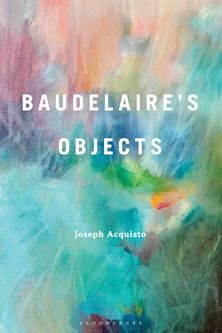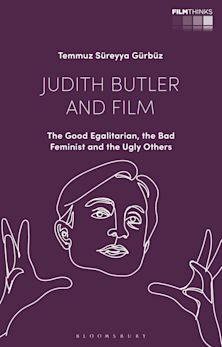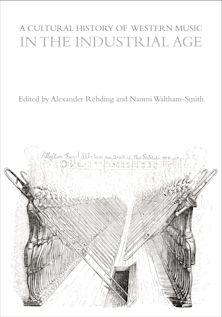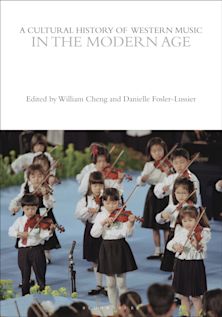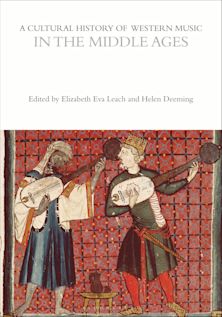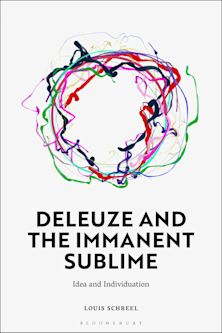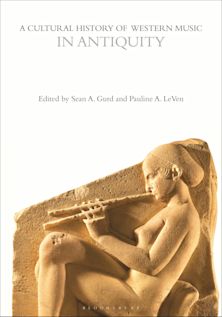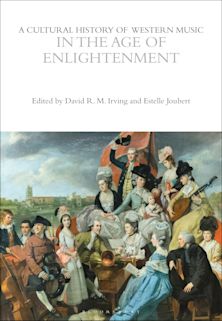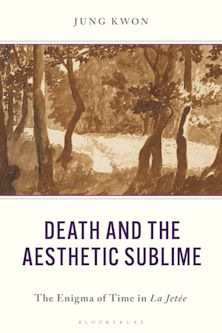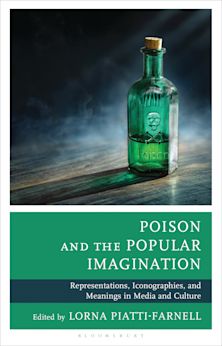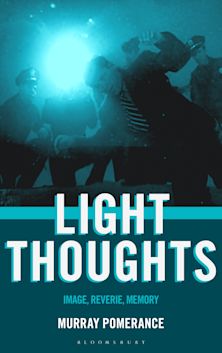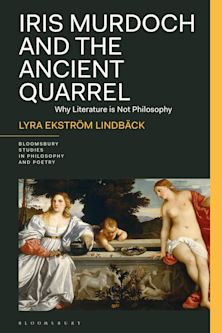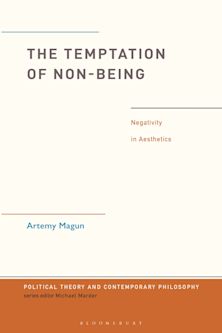Figural Space
Semiotics and the Aesthetic Imaginary
Figural Space
Semiotics and the Aesthetic Imaginary
This product is usually dispatched within 2-4 weeks
- Delivery and returns info
-
Flat rate of $10.00 for shipping anywhere in Australia
Description
This book is concerned with the continuing viability of both Freud and Hegel to the reading of modern literature. The book begins with Julia Kristeva’s attempts to relate Hegelian thought to a psychoanalytically informed conception of semiotics that was first explored in her influential study, The Revolution of Poetic Language, and then modified in later books that develop semiotics in new directions. Kristeva’s agreements and disagreement with Hegel are important to the book’s argument, which ultimately defends Hegel against familiar, poststructuralist detractions. However, the book’s conceptual argument requires a historical exposition, with chapters devoted to literary figures ranging from Spenser to Ishiguro. One of the purposes of the book is to demonstrate that Hegel’s contribution to modern thought is at least partially exhibited in the history of literature, which also corroborates some of the deeper insights of psychoanalysis.
Table of Contents
1. Kristeva and Hegel:
Subjectivity Reconfigured
2. Spenser's Renaissance:
Ideality and Discourse
3. Image in Wordsworth:
Space/Time and Semiotics
4. Shelley's Double Vision:
Figural Counter-Worlds
5. Proust and Aesthetics:
A Narrative Sensibility
6. Space in Blanchot:
Orphic Testimonies
7. H.D. and Life Writing:
A Logos of Difference
8. Revisiting Jean Rhys:
Postcolonial Ethics
9. Ishiguro's Imaginary:
Figures of History
Conclusion: Negotiating the Figural
Index
Product details
| Published | 15 Apr 2021 |
|---|---|
| Format | Hardback |
| Edition | 1st |
| Extent | 204 |
| ISBN | 9781538147856 |
| Imprint | Rowman & Littlefield |
| Dimensions | 228 x 164 mm |
| Series | Global Aesthetic Research |
| Publisher | Bloomsbury Publishing |
Reviews

ONLINE RESOURCES
Bloomsbury Collections
This book is available on Bloomsbury Collections where your library has access.












